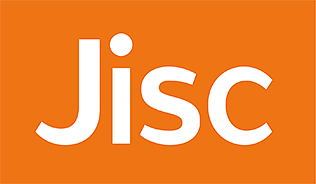
Open Policy Finder (formerly Sherpa Services)
Mission
Key Achievements
Technical Attributes
Maintenance Status
Technical Attribute Statements
Technology Readiness Level
- Actual system proven in operational environment
Content Licensing
We allow most of our website and its contents to be reused under the terms of a Creative Commons License (CC BY-NC-SA).
Some of our content may be labelled under CC BY-NC-ND.
Standards
Community Engagement
Community Engagement
Community Statements
User Contribution Pathways
- Contribute funds
- Contribute to education or training
- Contribute to user research or user testing
- Contribute to working groups or interest groups
More About Community Engagement
Community Engagement Activities:
Policies & Governance
Governance Summary
Sherpa Services is an initiative of Jisc, which is governed by a Board of Trustees.
Policies
Web Accessibility Statement
Governance Records
Policy Statements
Board Structure
- Advisory board or steering committee
Community Governance
- Ad hoc
Additional Information
Organizational History
Organizational Structure
Business or Ownership Model
Current Affiliations
- Jisc
Funding
Funding Needs
Open Policy Finder (formerly Sherpa Services), managed by Jisc on behalf of the global open access community, plays a vital role in providing accurate, standardised open access policy information. While Jisc has committed resources to implement and maintain this essential service, its operational demands—particularly extensive data curation and collection—require additional, sustainable support. Automation remains limited due to the lack of interoperable links with publisher systems, further intensifying the need for resource allocation.
Though we are grateful for voluntary funding through the SCOSS initiative, this support alone is not sufficient to establish a lasting funding framework. We are now seeking partnerships (https://openpolicyfinder.jisc.ac.uk/support-open-policy-finder) with global institutions to create a membership-based funding model that ensures Open Policy Finder remains a reliable, long-term asset for the open access community.